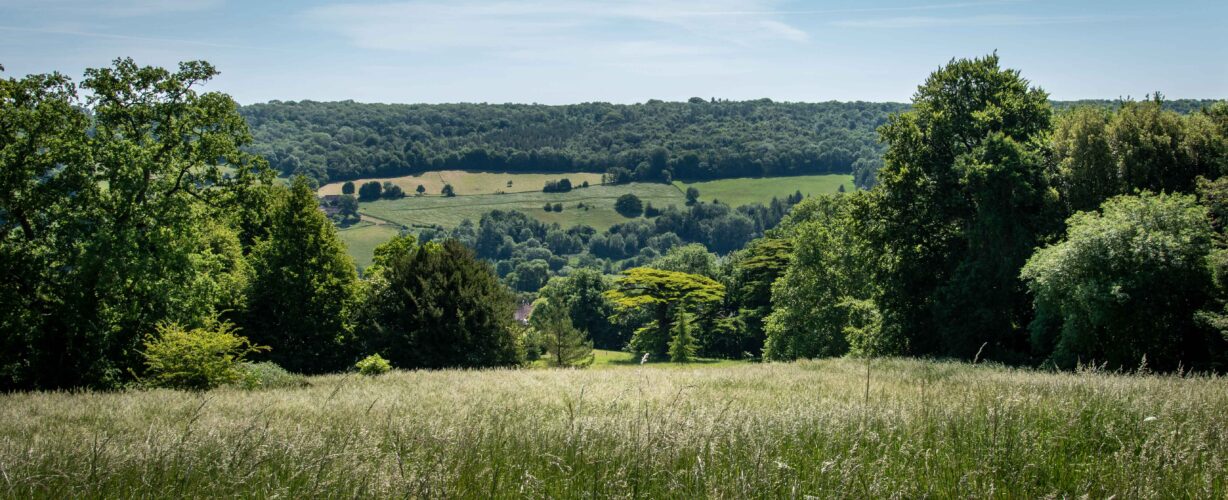The American Museum & Gardens is committed to the stewardship of the land that we own. We are investing in our site to ensure it is protected for future generations.
We are working on a new Environmental Sustainability Policy with sustainability at the heart of all we do. Below are some of our recent and current initiatives supporting this work across the organisation:
- Installation of a water borehole, using our own water to irrigate the gardens and provide fresh drinking water to the whole site.
- Woodland management plan which includes improving the tree stock and biodiversity of over 80 acres of woodland to create a sustainable green woodland.
- Re-stocking our parkland with native tree species – we aim to plant over 100 trees in the next few years to help absorb Co2, improving flora and fauna for bird and insect habitats.
- Addition of beehives in our parkland to encourage bees into the gardens to pollinate the plants and protect future bee populations.
- Working with Bath Natural History Society who monitor moth numbers and species in our gardens.
- Protection of bat habitats by installing bat and bird boxes in our woodlands.
- Working with ecologists to create an ecological sustainability policy.
- Investment in battery pack technology to power garden equipment – reducing emissions from petrol-based machinery.
- Creation of an organic policy in the gardens – reducing the need for inorganic fertilisers and toxic sprays – helping to protect the health of the plants and wildlife.
- Utilising plants, vegetables, fruit and herbs grown in our own garden where possible and source other products for the Deli from trusted local suppliers.
- Eliminated single use plastic from our Deli.
- Selling reusable coffee cups and encouraging customers to use these through a reward scheme.
- Rolling programme of replacing lighting with low-energy LED lights.
- Investment in reusable elements for our temporary exhibitions, such as flexible walls, plinths and cases.
- Working with local suppliers to reduce carbon footprint from travel and use of sustainable materials wherever possible.
- Participation in the First Bus Commuter Travel Club to offer discounts to staff to encourage and support use of public transport.





 Buy Tickets
Buy Tickets



 Back to top
Back to top